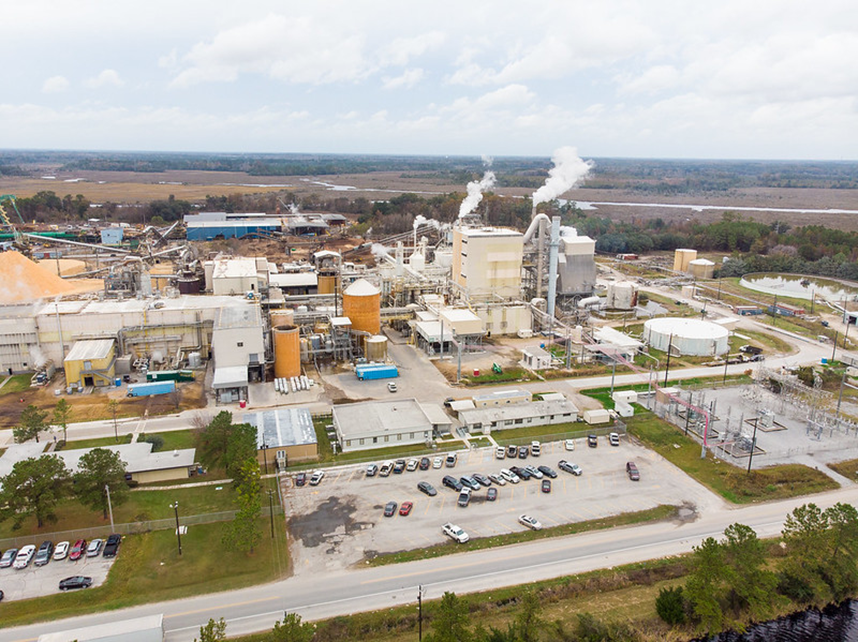Inflation’s Impact on Paper Mills

DS Smith is a leading worldwide provider of sustainable packaging solutions, paper products, and recycling services. While our footprint in North America is relatively small, we operate in more than 30 different countries and employ over 30,000 people globally. DS Smith operates a kraft linerboard mill and pine sawmill in Riceboro, GA, in addition to a corrugated medium mill utilizing 100% Old Corrugated Containers (OCC) in Reading, PA.
It feels like primary product manufacturing is where all the inflationary pressures in the wood supply chain presented in the previous issues in this series come home to roost as well as the other materials and equipment utilized at the mill. Our operation, like many others, has been affected by increased pricing pressure on most, if not all, the inputs to the products we make and the equipment we need to make those products.
In addition to pricing pressure, we have also experienced an unprecedented scarcity of availability of many items, including people. You can’t throw a rock in our part of the world without hitting a help wanted sign. It’s almost like the rapture came and targeted primarily fast-food workers, truck drivers, and mill employees while leaving me behind. There are employers in the Savannah area that, in the 22 years I’ve lived here, I have never seen resort to advertising for employees on billboards. Now they have billboards on the interstate looking for help. I am sure that we are not the only ones struggling to maintain rosters and manage costs. In this time of worker scarcity, we are also experiencing many retirements. The resulting inexperience and lack of bench depth in the mills will undoubtedly make for some interesting times.
Many of the vendors we rely upon to help keep the mill and associated equipment running are suffering from the same strains in the labor pool that we have seen. We have been impacted by long lead times for equipment and service calls, as well as the complications that come from inexperienced technicians and short staffing.
The impact of increased energy costs cannot be over-emphasized. Since September 2019, we have seen a 60+% increase in the cost of on-road diesel that touches every aspect of our business, from inbound raw materials and supplies to outbound finished products. According to the Henry Hub natural gas spot price, we have seen over a 200% increase in natural gas prices over the same time period. We are also experiencing shortages in the availability of many lubricants utilized in large quantities in any mill environment.

In addition to the aforementioned items, just about everything else associated with our business has been impacted. Steel, rolling stock, chemicals of all sorts, starch, and support equipment have all succumbed to significant inflationary pressures.
What does this mean for the business as we look toward an increasingly uncertain economic future? All we can really do is continue to be hyper-focused on controllable costs. Like my mom told me a long time ago, “worry about the stuff you can do something about and let God worry about the rest.” One thing I’m sure of, I can’t do much about inflation.


